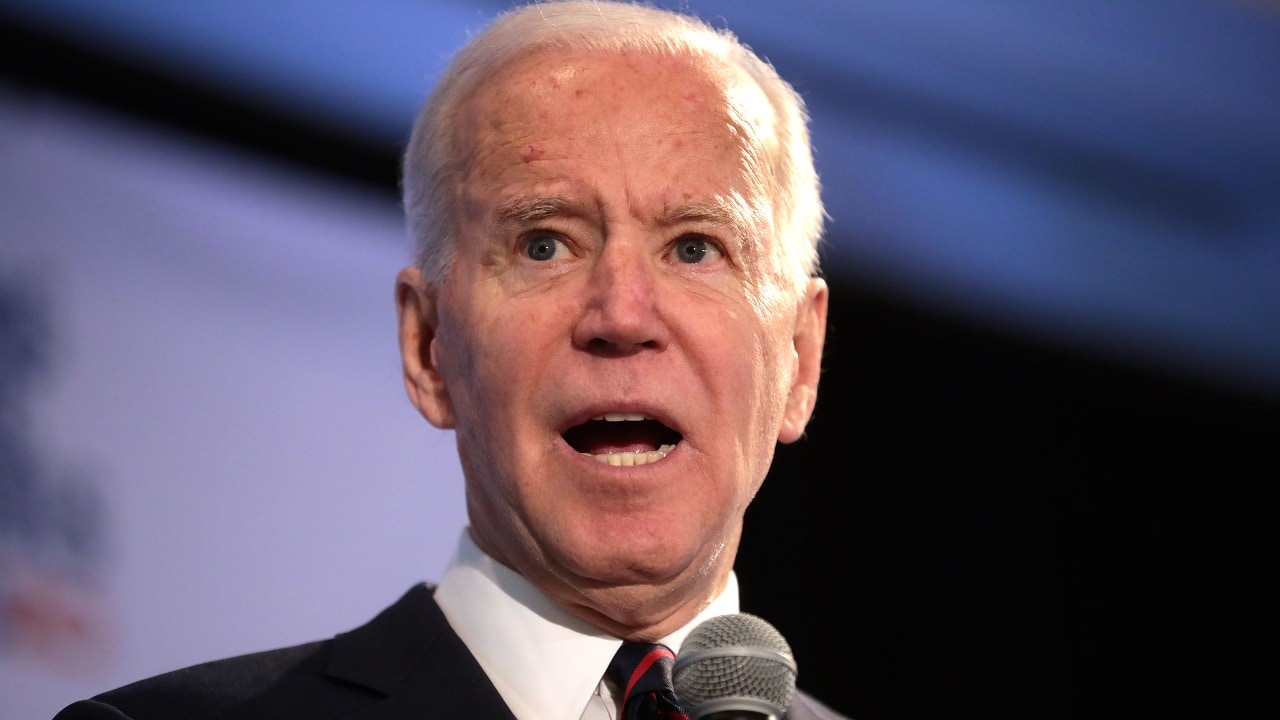‘Little Reason’ For Politicians to Compromise Over Shutdown – With the approaching fiscal year end on October 1, 2023, Congress is veering towards triggering a government shutdown due to a lack of passage of the 12 necessary appropriation bills to fund government operations.
Government shutdowns are triggered under the Antideficiency Act, which stipulates that federal agencies cannot spend or obligate any money without congressional appropriation or approval. If the 12 annual appropriation bills aren’t passed, non-essential functions of federal agencies cease, constituting a government shutdown.
What the Experts Told Us: ‘Little Reason’ For Politicians to Compromise
Andrew G. Biggs, a senior fellow at the American Enterprise Institute, told 19FortyFive: “I think it’s likely that we will face at least a short government shutdown, since politics these days are at least as much about performing for your own supporters as it is about negotiating an agreement with the other side.
“Until a shutdown occurs and elected officials begin to feel the downsides of a shutdown, there is little reason to compromise. However, government shutdowns generally work against the Republican side, so I suspect that after a brief shut down moderate Republicans may be able to convince their more conservative colleagues to spending levels that the speaker and the president have negotiated,” he explained.
Biggs, who works on tax reform for the major center-right think tank based in Washington DC, stressed that it “is clear that something does need to be done about budget deficits, which are rising from the already high levels we faced last year. However, if one side does not want to cut spending and the other side does not want to raise taxes a resolution obviously becomes much more difficult.”
Who Bears the Brunt?
During a shutdown, many federal employees are furloughed, with retroactive pay upon resolution. Essential service providers like air traffic control and law enforcement continue working without pay until the shutdown is resolved. However, benefits like Social Security and Medicare remain unaffected.
The upcoming government shutdown in fall 2023 is fueled by a disagreement in Congress regarding spending levels, particularly in the House. House Republicans, dissatisfied with the agreed spending levels, are pushing for reduced spending, sparking tensions with the White House and Democrats.
Potential Solutions: The Role of Continuing Resolutions
To avert a shutdown, Congress may resort to passing temporary spending bills known as continuing resolutions (CRs). These CRs maintain prior year’s funding levels and are a common practice, but they can disrupt agency operations and hiring plans, making them a less favorable option.
Economic Impact: How Shutdowns Affect the Nation
While short shutdowns may only cause minor inconveniences and erode public confidence in politicians, prolonged shutdowns can have a more significant impact on the economy. Estimates suggest that each week of a shutdown could reduce GDP growth by approximately 0.2 percentage points.
In the face of a looming government shutdown, the nation watches as political differences and budgetary issues come to a head. The potential fallout from this standoff could have lasting effects on both the nation’s economy and its citizens. Stay tuned for updates as the situation unfolds.
Georgia Gilholy is a journalist based in the United Kingdom who has been published in Newsweek, The Times of Israel, and the Spectator. Gilholy writes about international politics, culture, and education.

